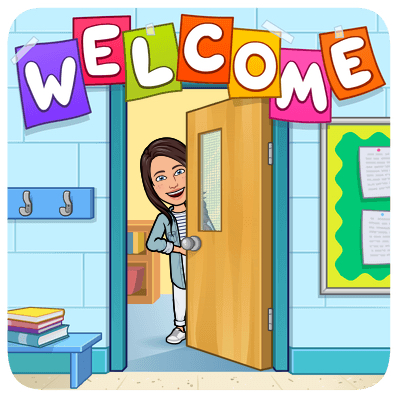What is the difference between accommodation and modification?
Accommodation means the teacher has a duty to alter their lessons so each student can experience it fully. An example of this would be to offer a visual- spatial aspect to a lesson, for the students who cannot concentrate on a full period of sitting with an attention to detail oriented task.
A modification means the actual lesson is altered to cater to the students’ IEP (Individual Education Plan). An example of this would be to offer a spoken test for a student who cannot write due to an exceptionality.

What is an exceptionality? What is a disability?
These two terms are often interchangeable. However, I prefer to use the term exceptionality, as each child is exceptional in their own ways. With or without the presence of a “disability”. Being aware of these terms can improve the dynamic between teachers and students. This is the type of professional knowledge that I believe to be highly important for teachers. Words have a great amount of significance in our lives, so it is important to know the meaning of terms.
To be “disabled” sounds an awful lot like “unable”… and that does not work for me. Someone may be unable to perform a task how I do. But they are able to perform it in a different way. Either way, the task is completed and the lesson is learned. We are all special and we all bring something exceptional to the table. It is my duty to tap into that potential and allow it to shine.

What about the power of “not yet”? What if students did not have to be discouraged over lower grades, or feel superior when their grades are higher? What if that whole dynamic could be equalized, and the recognition is in the effort and the journey to get there. The result matters, but there are so many journey’s to get there, and it is morally wrong to judge a student based on solely the result.
This video shows how a teacher could best support students, especially those with Learning Difficulties.
